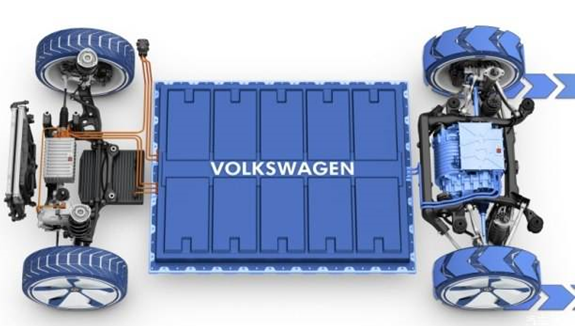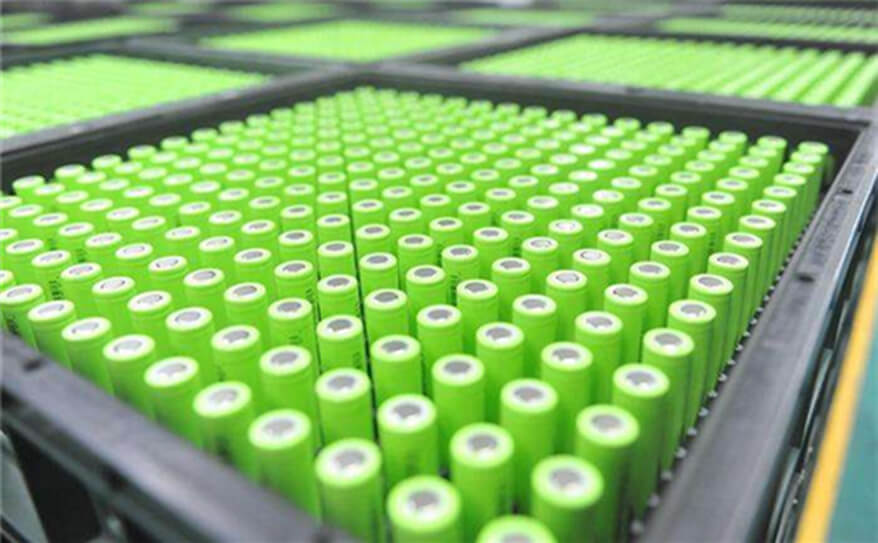Discussion on Nickel Batteries Vs. Lithium Batteries
Aug 07, 2019 Pageview:1636
When it comes to lithium ion batteries and nickel batteries, both have their upside and downside. But there is no doubt that they are useful. And no matter which battery we are buying, there are some constant questions that come in our mind. So, here we are going to discuss nickel batteries and lithium batteries and how well they work compared to each other.
Nickel Batteries And Lithium Batteries Lifespan:
This might be the hardest question to answer. How long batteries will last is entirely up to its chemistry. For lifespan, batteries have three distinct measures, run-time, shelf life, and cycle life. As each battery has different chemistry, the answer is also slightly different.
· Run-Time refers to the period a battery or battery pack will on single-use. And it is related to the device for which the battery is being used.
· Shelf life refers to the period the batteries will last if they were put on hold for use. If a battery can go long while it sits on the shelf without going bad, then it has a good shelf life.
· Cycle Life is how many charging and discharging cycles a battery can handle before it can no longer hold a charge. All rechargeable batteries come with a fixed number of recharge cycle.
Talking about Nickel batteries, they come in two variants. The first one is Nickel Cadmium batteries and the second one is Nickel Metal Hydride Batteries. The NiCad battery is an old technology which is not used much now. But they have specific qualities that make them useful. These batteries have a longer shelf life and cycle life than any other new technology. The shelf life fir NiCad is 36 months and the cycle life is about 1000 cycles which is brilliant.
Another battery is Nickel Metal Hydride, i.e. NiMH. They have a shorter cycle life than their counterpart. The cycle life is in between 700 to 1000 cycles. But their shelf life is up to 5 years. Now, talking about Lithium-ion batteries, they have increased cycle life, shelf life, and safety as well. They have an ideal life cycle of 600 to 1000 cycles. And the shelf life is about 4 years. So, when you are picking a battery, you need to take a look at their safety features as well to choose the best one.
Advantages And Disadvantages Of Nickel Batteries And Lithium Batteries:
We have gathered a list of pros and cons for both types of batteries. Take a look and analyze them yourself. As we have already established the fact that the NiCad batteries are not used anymore, from now on when we mention Nickel batteries, we will be talking about NiMH batteries.
Nickel Batteries Pros:
· High Energy density of 2200mAh on an average.
· NiMH batteries are compatible with all devices that support Nickel batteries as they use a standard size.
· These batteries have less active material which reduces the risk of short circuit or another kind of damage.
· NiMH batteries can be completely discharged without any negative effect.
Nickel Batteries Cons:
· The high self-discharge rate is a major drawback for the Nickel batteries.
· They are unreliable for the device which has low load like clocks.
· Low voltage output around 1.2 V.
· Takes very long to charge up to 10 to 12 hours.
· NiMH batteries can’t operate at an extreme temperature as their voltage drops quickly.
Lithium Batteries Pros:
· Lithium-ion batteries are more reliable as they have a lower self-discharge rate.
· They are smaller, compact, and lighter as compared to Nickel batteries.
· They offer higher voltage output around 3.7 V.
· Faster recharge rate around 1-3 hours only.
· Li-Ion batteries have enhanced temperature tolerance. They can handle heat as well as cold environmental conditions.
· They offer higher energy density which means they carry more charge than other batteries.
Lithium Batteries Cons:
· Lithium-ion batteries have a low capacity as compared to Nickel batteries.
· Incompatibility with different devices as they come in various shapes and sizes.
· These batteries have active materials which can cause severe damage.
· Lithium-batteries can’t be discharged completely and if they get fully discharged, it gets permanently damaged.
How Do Nickel Batteries And lithium ion batteries Work?
As you can see, both Nickel Batteries and Lithium-ion Batteries can be useful in the time of need. But the main difference is in the way they work.
Lithium-ion batteries are composed of highly reactive Lithium and carbon as they can store a lot of energy. The Nickel Metal Hydride batteries are composed of hydrogen to store energy and nickel to keep a lid on the Hydrogen ions.
NiMH has a bipolar design which gives it several advantages over other batteries. The design is customized as such that short-circuits can be prevented. But these batteries have a low voltage rate around 1.4 to 1.6 V per cell. Usually, a smart battery charger is used for these batteries to make sure that it is not overcharged. They are often used in digital cameras and high-drain devices due to their lower internal resistance.
Lithium-ion batteries certainly have more advantages and a wide array of application but they can be expensive. That’s why some consumers prefer buying NiMH batteries. Lithium-ion batteries produce a nominal voltage of 3.2-3.7 V. One thing which is common in these batteries is that both of them don’t have the memory effect which affects the power of a battery. But Lithium-ion battery even overpowers the NiMH batteries in this area as they are far less affected by memory effect. At present, the NiMH and other nickel batteries only comprise 3% of the market. And from the statistics, you can analyze that Lithium-ion batteries are obviously a better choice in most of the cases.
No matter how much advanced the technology gets, Lithium-ion batteries always stay one step ahead of all other technologies. So, now you can make a better decision and buy the battery which is suitable for your use.
- Prev Article: How to Test Li Ion Battery Properl?
- Next Article: How do you know about ultra battery VS lithium ion?
Leave Message
Hottest Categories
-
Hottest Industry News
-
Latest Industry News











